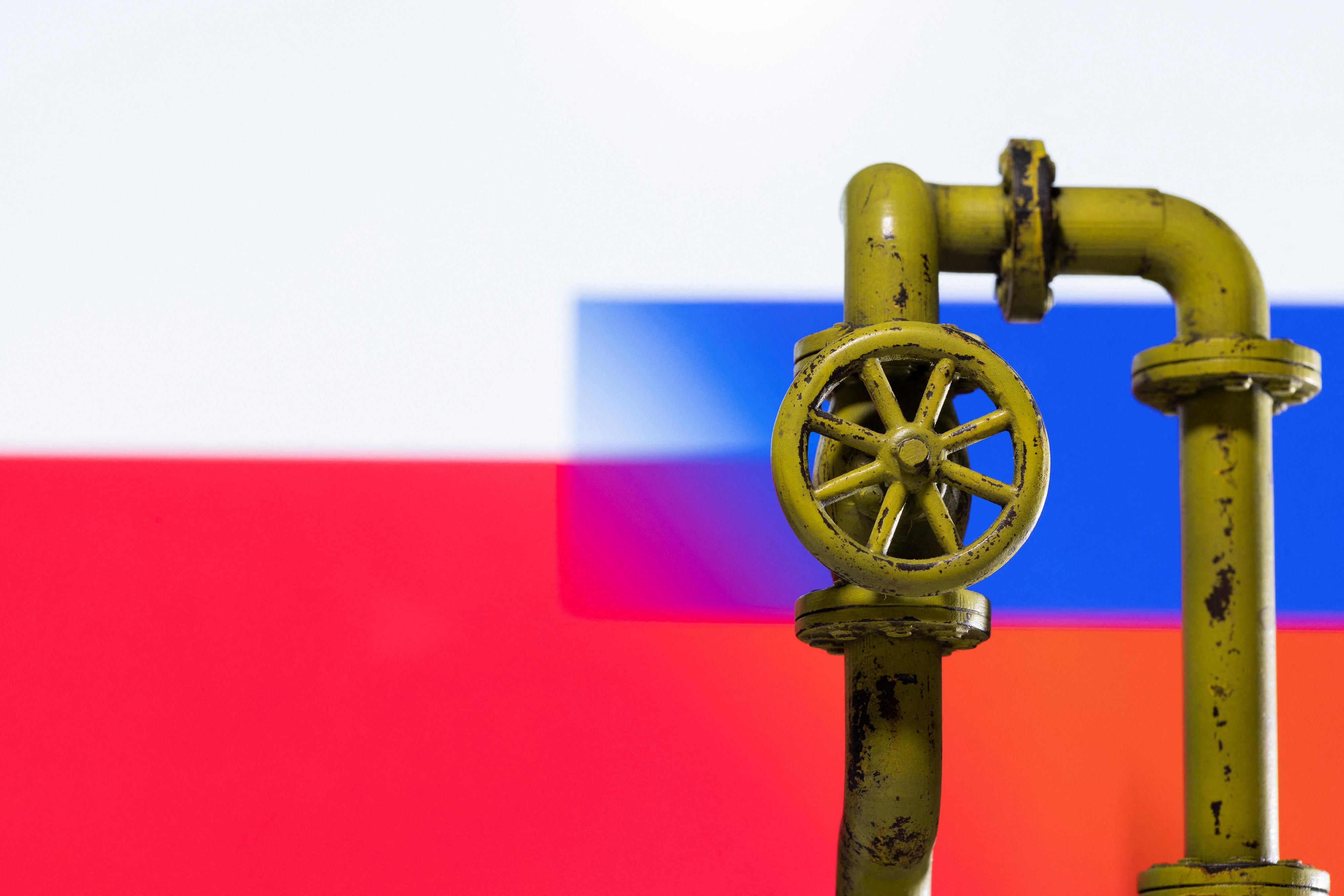Is Russia’s gas strategy backfiring?
European natural gas prices soared on Wednesday after Russia turned off the gas taps to Bulgaria and Poland. Both countries, which are members of the EU and NATO, had refused to meet Vladimir Putin's recent demand that any countries deemed "unfriendly" to Moscow must pay for Russian gas in rubles. So far, Hungary is the only EU member state willing to do that, but it accounts for just a tiny portion of overall Russian gas sales to Europe. The bigger problem is whether private companies will defy their governments by agreeing to pay in rubles — and at least four have reportedly agreed to do so. For now, larger European countries like Germany have promised they'll share their gas supplies with Bulgaria and Poland so long as the Russian pipes remain closed. If that solidarity holds, and if the EU continues with plans to dramatically reduce its reliance on Russian gas, Moscow's gas leverage over the Europeans might not be as strong as Putin thought. That said, he may be betting that European consumers — read: voters — won't be willing to put up with higher prices indefinitely, particularly once winter rolls around again. Natural gas stories tend to play out over long periods of time — this one will be no exception.
Will the EU cut off Hungary?
The European Union and Hungary have long been at loggerheads over Budapest’s deteriorating democratic track record under PM Viktor Orbán and his right-wing Fidesz Party. Brussels upped the ante this week by triggering a mechanism that would allow it to withhold several billion dollars in funds from Budapest. Though details remain unclear, Brussels said that the move pertains to government corruption and the Hungarian judiciary's failure to crack down on graft. Orban, a right-wing populist who has proudly dubbed Hungary an “illiberal democracy,” recently won reelection, much to the dismay of bureaucrats in Brussels who have long accused his party of diluting judicial independence, cracking down on the press, and gerrymandering. Budapest will now have two months to respond to the motion, which will need a “qualified majority” to pass – meaning it must be backed by 55% of EU countries representing 65% of the bloc’s population. The timing is very bad for Orban, who is trying to prop up Hungary’s sagging economy – which is currently experiencing its highest inflation rate in 15 years – and was relying on EU funds for a post-pandemic boost.
Erdogan visits Saudi Arabia to bolster ties
In the latest sign of an ongoing detente between Ankara and Riyadh, Turkish President Recep Tayyip Erdogan is set to visit Saudi Arabia on Thursday to meet with Saudi Crown Prince Mohammed bin Salman. Relations between the two states have long been strained, in large part because Riyadh accused Turkey of backing terror groups and supporting Qatar in its long-running diplomatic dispute with Saudi Arabia. Turkey-Saudi ties got even worse after journalist Jamal Khashoggi was killed by Saudi operatives in Istanbul in 2018, leading to mutual recriminations and Riyadh’s blocking of most Turkish imports. But improving ties with the Gulf states, as well as with Egypt and Israel, has been central to Erdogan’s plan to revitalize his country’s ailing economy (hyperinflation recently surpassed 60%). As part of a detente, Turkey recently acquiesced to Saudi demands, allowing the Khashoggi murder trial to be held in Riyadh (the defendants were being tried in absentia anyway). This irked human rights groups but appears to have paid off for Erdogan: Turkish exports to Saudi increased by 215% in March compared to the same time last year, and economic cooperation between the two regional powers looks likely to expand.
More For You
Most Popular
Walmart’s $350 billion commitment to American manufacturing means two-thirds of the products we buy come straight from our backyard to yours. From New Jersey hot sauce to grills made in Tennessee, Walmart is stocking the shelves with products rooted in local communities. The impact? Over 750,000 American jobs - putting more people to work and keeping communities strong. Learn more here.
